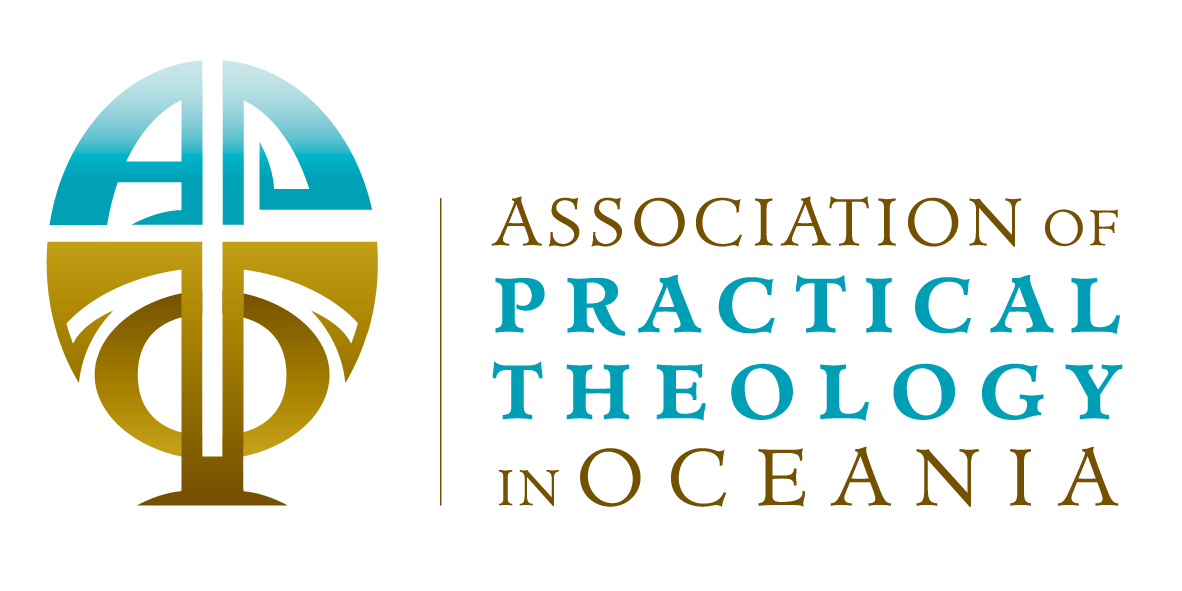

Discussion Time: 11:45am Thursday 30 November NZDT
Location: E 1.01
This presentation examines migration and theology themes, including marginalisation, expulsion, reading histories of the migrant coloniser, and indigenous reception of the gospel. The presentation outlines the formation of a contextual theology examining an exchange of letters between Wiremu Tāmihana Tarapīpipi Te Waharoa and Governor Thomas Gore Browne in 1861. The presentation concludes that any interpretation of Tāmihana for the present day is open to scrutiny. World Christianity as a methodological approach serves to name and help mitigate issues of concern. Taking a critically conscious stance, affirming the role of dialogical partner in the pursuit of shalom, emerges as a leading principle in the research endeavour.
Migration, no matter how unavoidable and necessary, is by its nature, disruptive and troublesome. It is so for both the migrants and the recipient community. The decision to migrate is often the result of economic deprivation, social deprivation, religious or ethnic persecution, or displacement due to terrorism or war. Migrants are often the victims of generational trauma. Recipient communities vary in their capacity to receive and support incoming migrants. Problems arise from incompatibilities between and misunderstandings that arise from language, cultural norms., and the availability of economic resources. Often the most troubled migrants find their initial placements the lower socioeconomic parts of their recipient communities that are the least able deal with the stresses and strains. This presentation will consider the topography of recent migration related conflicts and contests under the general headings of - the plight of genuine refugees, - criminality and incarceration of migrant communities, - organized crime, trafficking - religion, culture, and terrorism, - xenophobia, racism and the and treatment of migrants. Theologically, this will be considered within the reflective background provided by - the significance place of humanity in the purposes of God - the exhortations of kindness toward the sojourner in book of the covenant of Exodus, the holiness code of Leviticus, the retelling of the law in Deuteronomy. - the responsibility of governments - the cardinal virtues